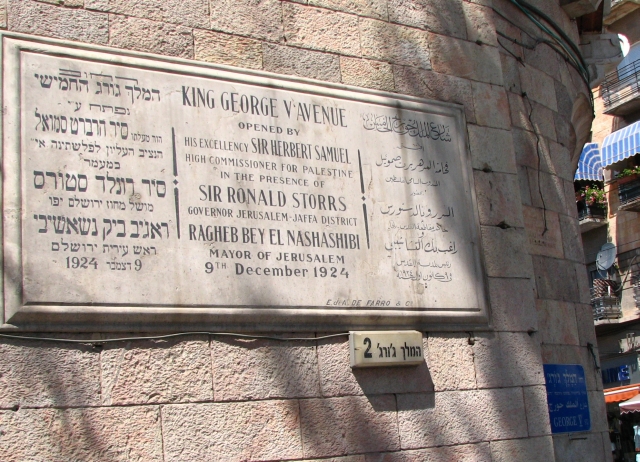|
Herbert Samuel
Herbert Louis Samuel, 1st Viscount Samuel, (6 November 1870 – 5 February 1963) was a British Liberal politician who was the party leader from 1931 to 1935. He was the first nominally-practising Jew to serve as a Cabinet minister and to become the leader of a major British political party. Samuel had promoted Zionism within the British Cabinet, beginning with his 1915 memorandum entitled '' The Future of Palestine''. In 1920 he was appointed as the first High Commissioner for Palestine, in charge of the administration of the territory. Samuel was the last member of the Liberal Party to hold one of the four Great Offices of State (as Home Secretary from 1931–32 in the National Government of Ramsay MacDonald). One of the adherents of "New Liberalism", Samuel helped to draft and present social reform legislation while he was serving as a Liberal cabinet member. Samuel led the party in both the 1931 general election and the 1935 general election, during which period the par ... [...More Info...] [...Related Items...] OR: [Wikipedia] [Google] [Baidu] |
Darwen (UK Parliament Constituency)
Darwen was a county constituency in Lancashire, centred on the town of Darwen. It returned one Member of Parliament to the House of Commons of the Parliament of the United Kingdom from 1885 until it was abolished for the 1983 general election. During the 1920s, the constituency was a fiercely contested marginal between the Liberal and Conservative Parties, with the sitting MP defeated at each election. At the 1924 general election, it saw a 92.7% turnout, a record for an English constituency. Following the defeat of Liberal leader Sir Herbert Samuel Herbert Louis Samuel, 1st Viscount Samuel, (6 November 1870 – 5 February 1963) was a British Liberal politician who was the party leader from 1931 to 1935. He was the first nominally-practising Jew to serve as a Cabinet minister and to beco ... in 1935, the seat became a safe Conservative seat for the remainder of its existence. It was largely replaced by the new Rossendale & Darwen constituency. Boundaries 1885–191 ... [...More Info...] [...Related Items...] OR: [Wikipedia] [Google] [Baidu] |
The Right Honourable
''The Right Honourable'' ( abbreviation: ''Rt Hon.'' or variations) is an honorific style traditionally applied to certain persons and collective bodies in the United Kingdom, the former British Empire and the Commonwealth of Nations. The term is predominantly used today as a style associated with the holding of certain senior public offices in the United Kingdom, Canada, New Zealand, and to a lesser extent, Australia. ''Right'' in this context is an adverb meaning 'very' or 'fully'. Grammatically, ''The Right Honourable'' is an adjectival phrase which gives information about a person. As such, it is not considered correct to apply it in direct address, nor to use it on its own as a title in place of a name; but rather it is used in the third person along with a name or noun to be modified. ''Right'' may be abbreviated to ''Rt'', and ''Honourable'' to ''Hon.'', or both. ''The'' is sometimes dropped in written abbreviated form, but is always pronounced. Countries with common or ... [...More Info...] [...Related Items...] OR: [Wikipedia] [Google] [Baidu] |
Sir Charles Hobhouse, 4th Baronet
Sir Charles Edward Henry Hobhouse, 4th Baronet, TD, PC, JP (30 June 1862 – 26 June 1941) was a British Liberal politician and officer in the Territorial Force. He was a member of the Liberal cabinet of H. H. Asquith between 1911 and 1915. Background and education He was the third child and only son of Sir Charles Parry Hobhouse, 3rd Baronet, and his wife Edith Lucy Turton, daughter of Sir Thomas Turton, 2nd Baronet, born at Dormansland, Surrey. He was educated at Eton College, and matriculated at Christ Church, Oxford in 1880. He then attended the Royal Military College, Sandhurst. Military career Hobhouse was commissioned from Sandhurst as a lieutenant in the King's Royal Rifle Corps (KRRC) on 23 August 1884, and served with the regiment until he resigned from the Regular Army on 7 May 1890 to enter politics. However, he became a captain in the part-time 7th Battalion, KRRC, (the Royal 2nd Middlesex Militia) on 17 April 1897. When a new 3rd Volunteer Battalion of the Gl ... [...More Info...] [...Related Items...] OR: [Wikipedia] [Google] [Baidu] |

_(cropped).jpg)